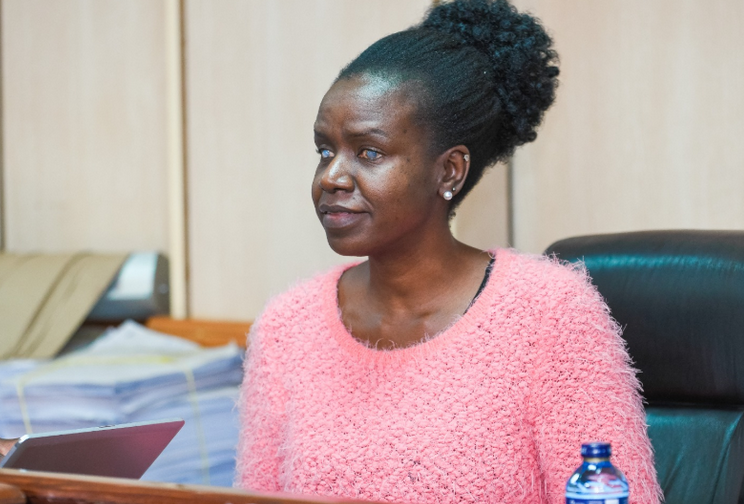

Nominated Senator Crystal Asige has decried that the majority of sports and recreation facilities are not user-friendly for persons with disabilities (PwDs).
While calling for an audit of all leisure and sports facilities in Kenya, Asige said PwDs should enjoy sports and recreation in the same way as everybody else.
According to the senator, the implementation and enforcement of accessibility features at these venues remain inconsistent and inadequate.
Having visited various sporting venues, Asige said many venues still fall short when it comes to addressing a range needs for persons with both visible and invisible disabilities.
“I don’t subscribe to the notion that a disability should be a barrier to attending sporting events or facilities. Everyone should have that same opportunity, and it’s unacceptable that this is clearly not the case across our counties,” she said.
Asige added that research has shown that PwDs tend to be less active because they have traditionally been excluded from the leisure industry and often encounter difficulties accessing and navigating the built environment.
“For too long, there’s been this social belief that if you’re in a wheelchair or living with complex disabilities, then physical activity does not apply to you. Nothing could be further from the truth. Simply put, inaccessibility equals inactivity,” she said.
Asige noted that the law requires public spaces to be accessible and inclusive, but implementation has remained a key issue.
She said the facilities lack accessible toilet and changing facilities and are without features such as negotiable ramps, grab rails, lifts, disabled car parking, drop-off zones, special entrances, and spectator seats close to the action for fans with disabilities.
Her Persons with Disabilities Bill (2023) introduces clear consequences for non-compliance, driving accountability and making inclusive design a reality.
The Bill’s Second Schedule specifically addresses access to public buildings, sporting venues, playgrounds, and other leisure facilities.
By mandating design standards that ensure accessibility to the built environment, the Bill aims to create spaces that are accessible for all PwDs.
“We must integrate accessibility into every stage of the design and development process, from the initial planning stages to the final construction and maintenance. The majority of our leisure and sports venues are simply not fit for PwDs. It’s heartbreaking to think that as we gear up to host the East Africa Inter-Parliamentary Games next month in Mombasa, an entire segment of our society is being left out because the facilities do not accommodate our needs,” she added.
She noted that Kenya, together with Uganda and Tanzania, has secured the rights to host AFCON in 2027 and has officially applied to host the World Athletics Championships in 2029, but has not put adaptive sports venues in place.












